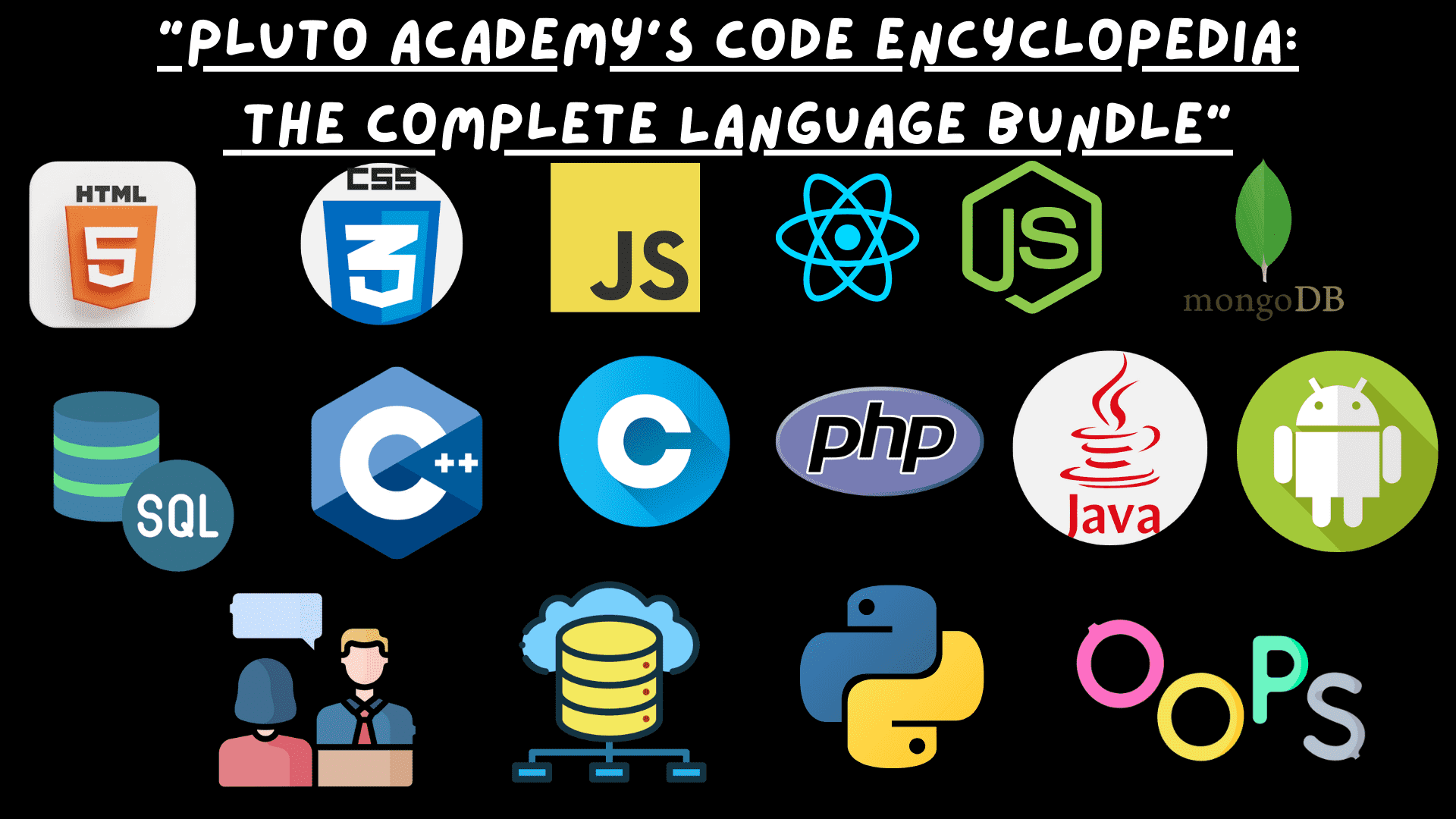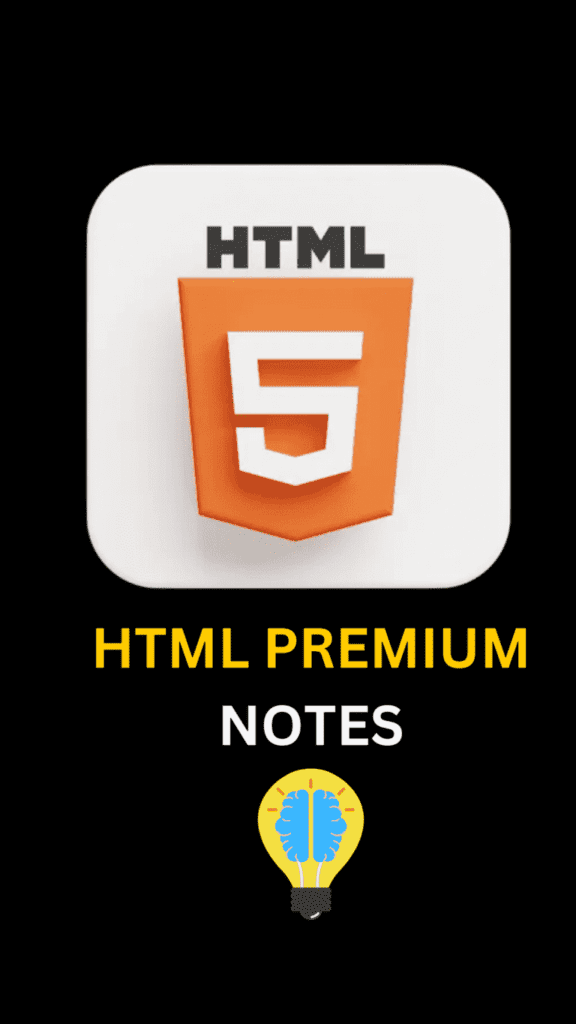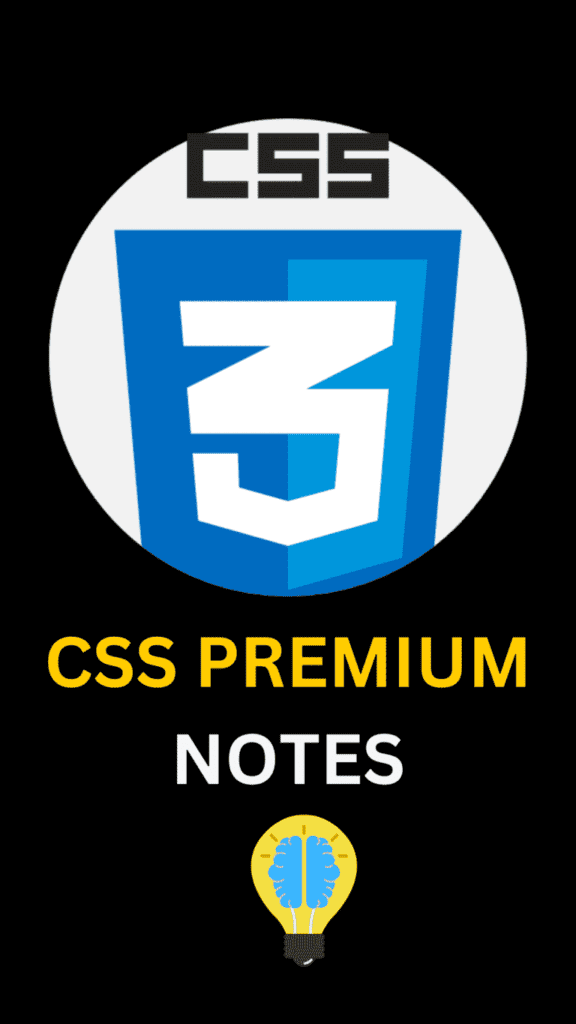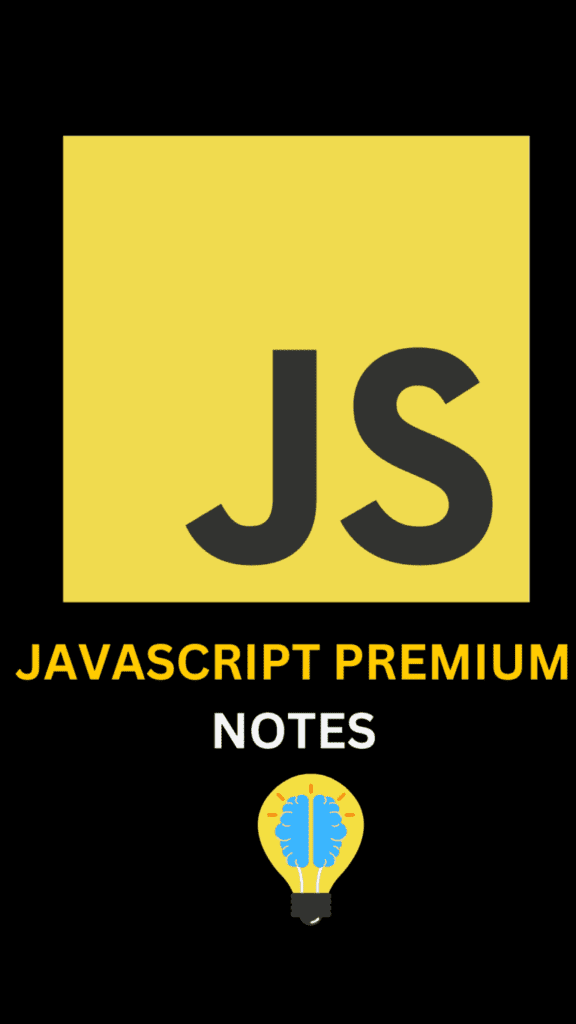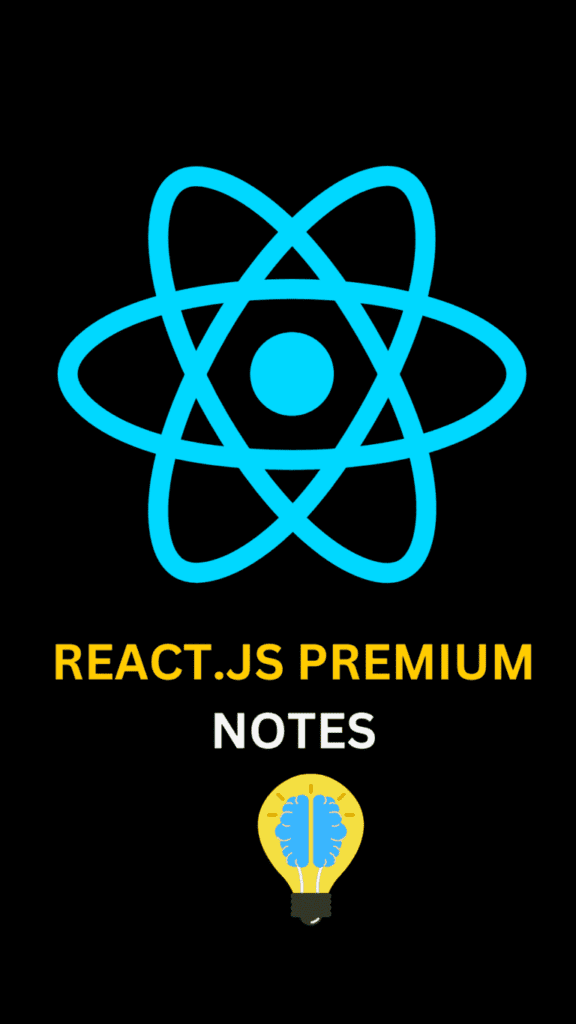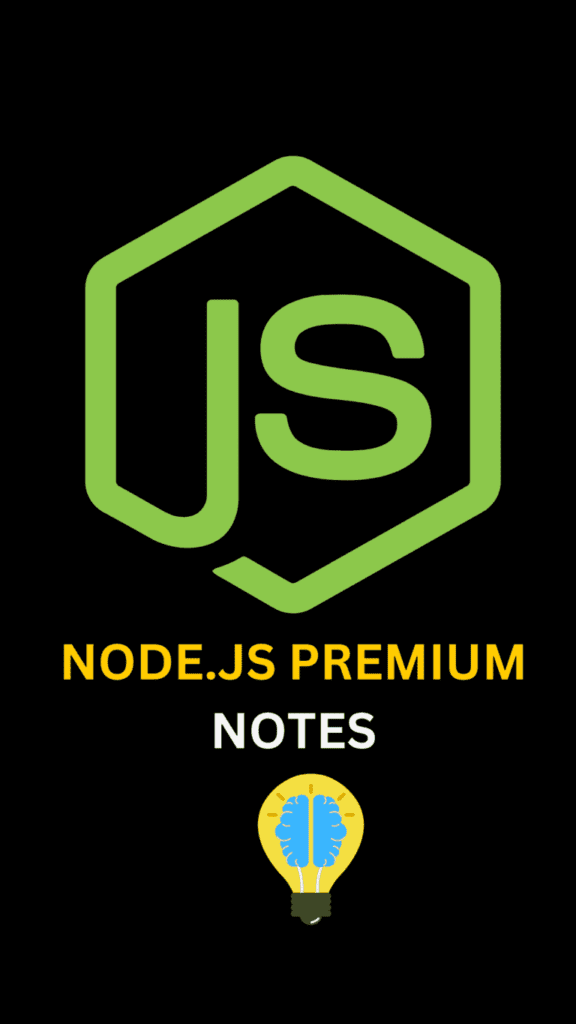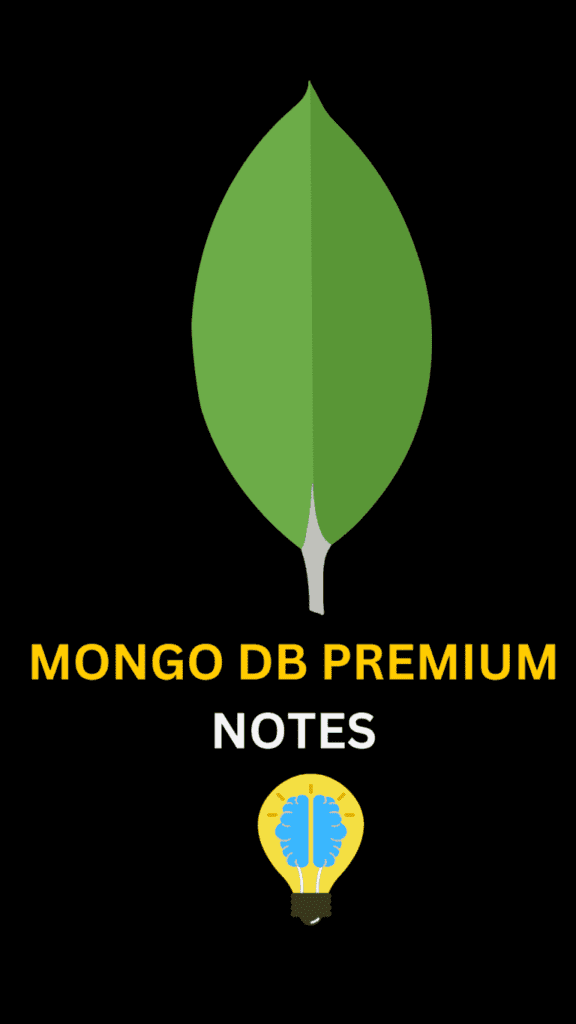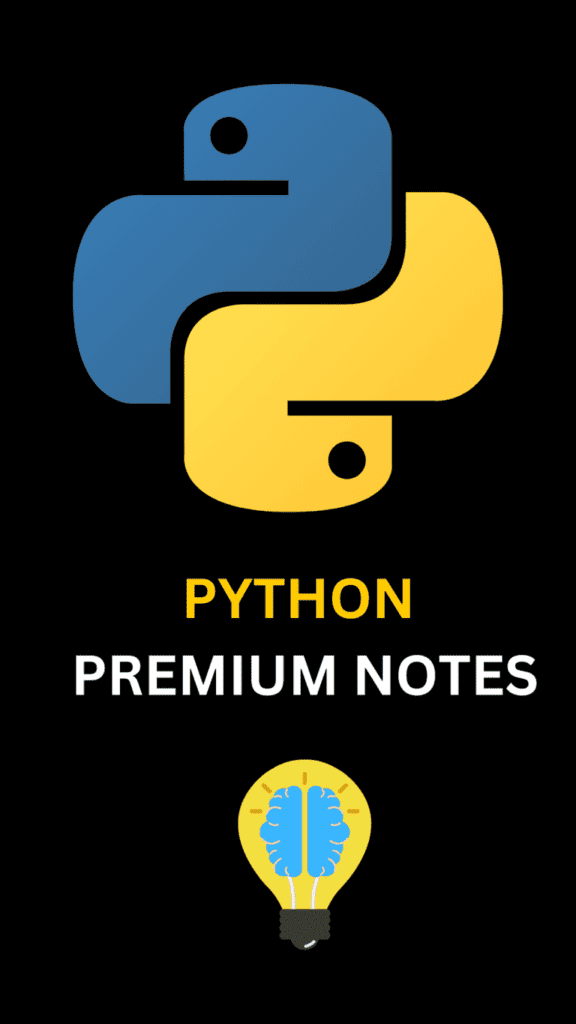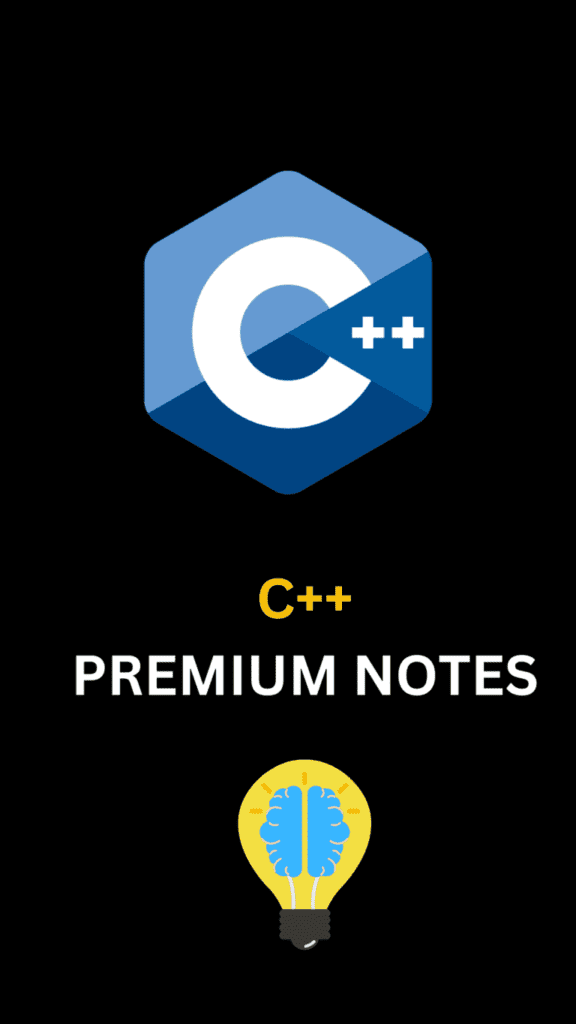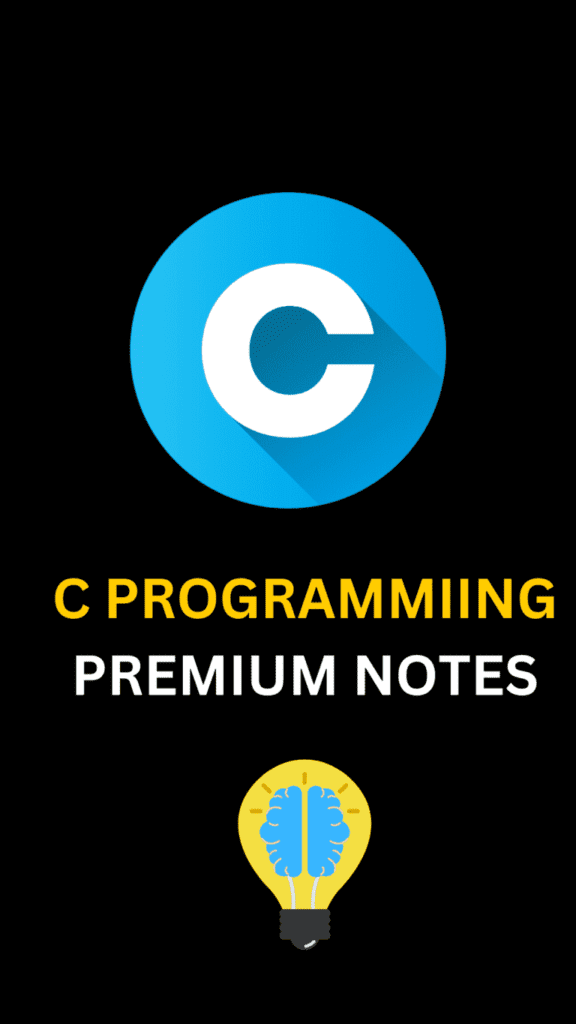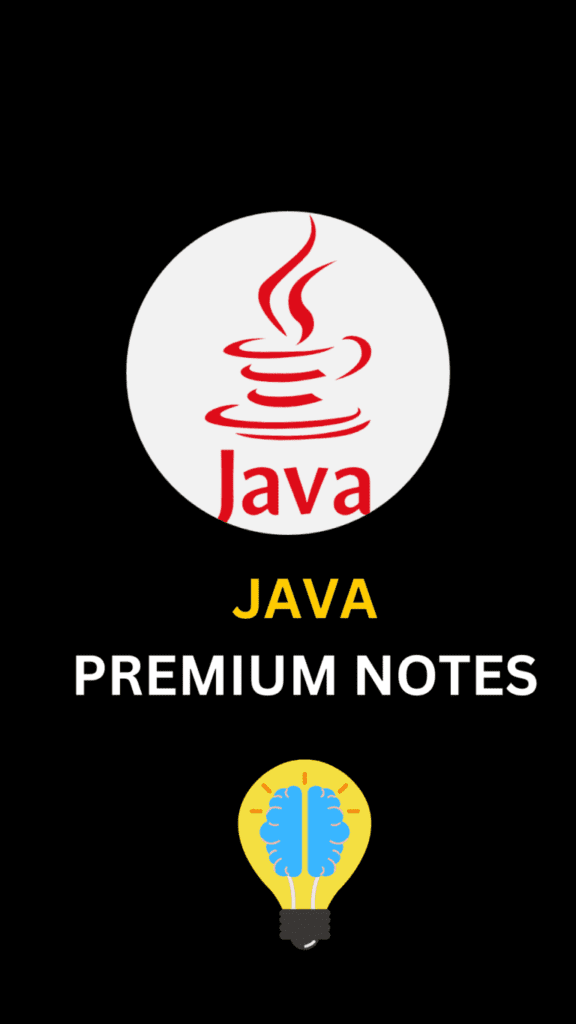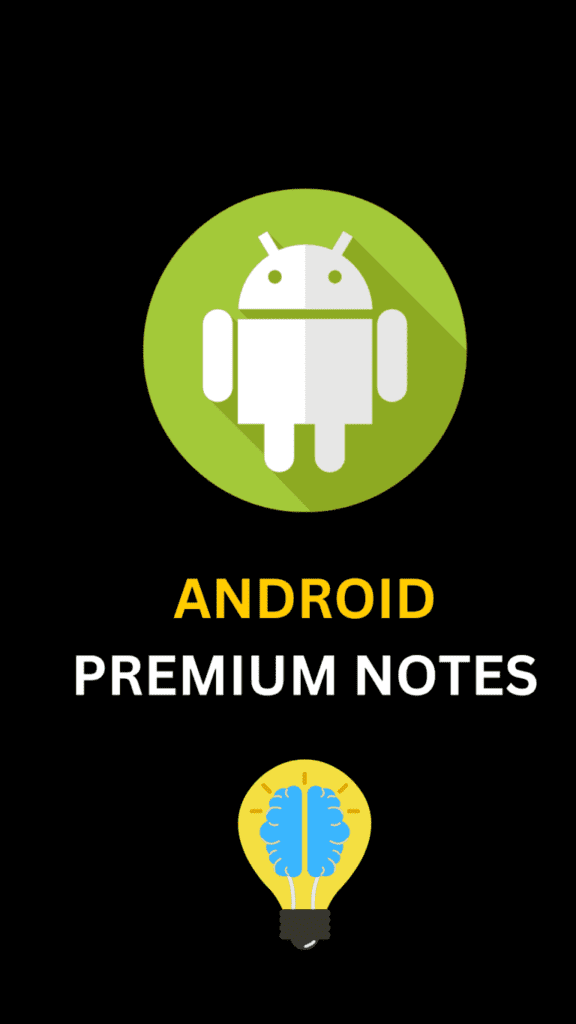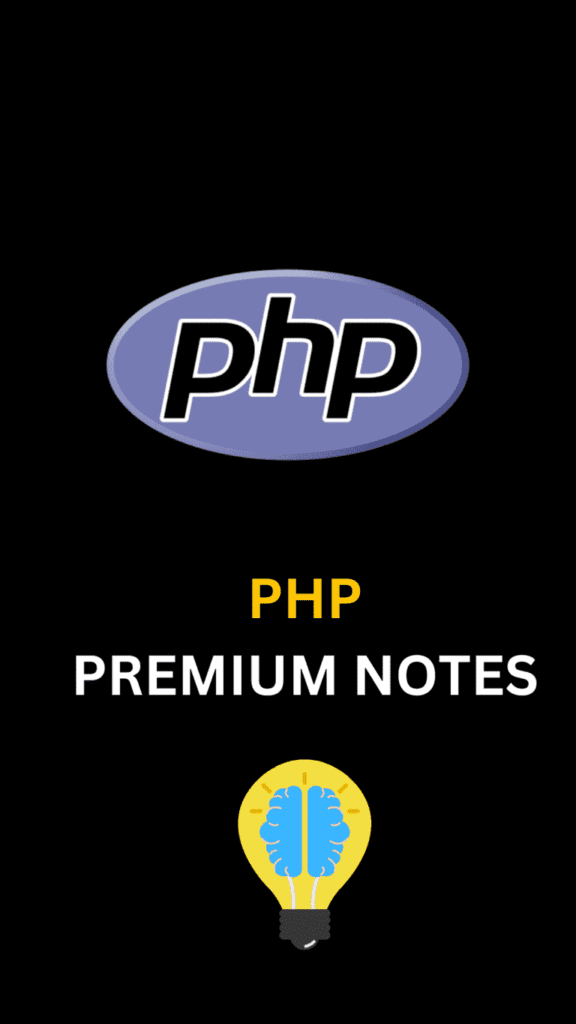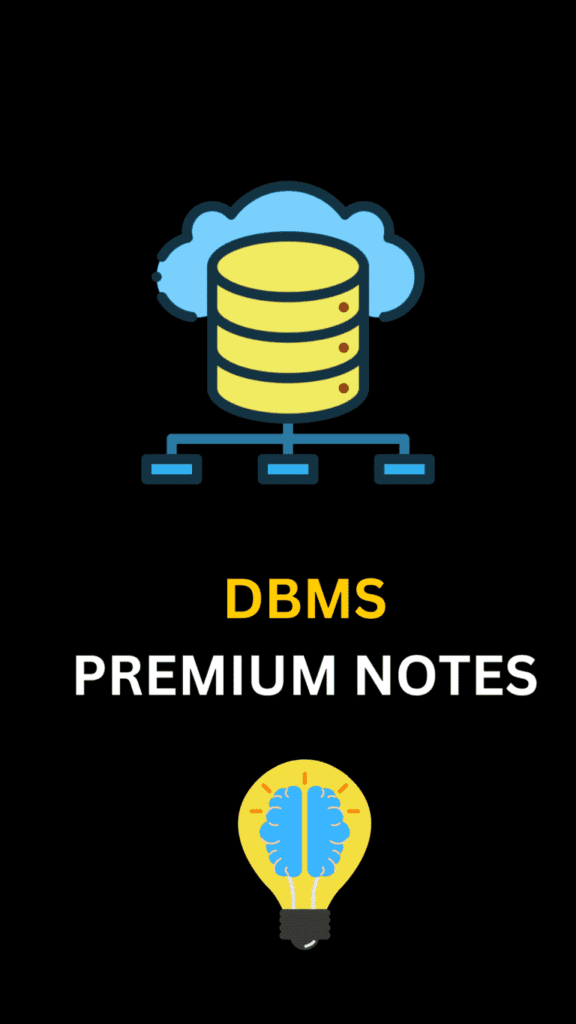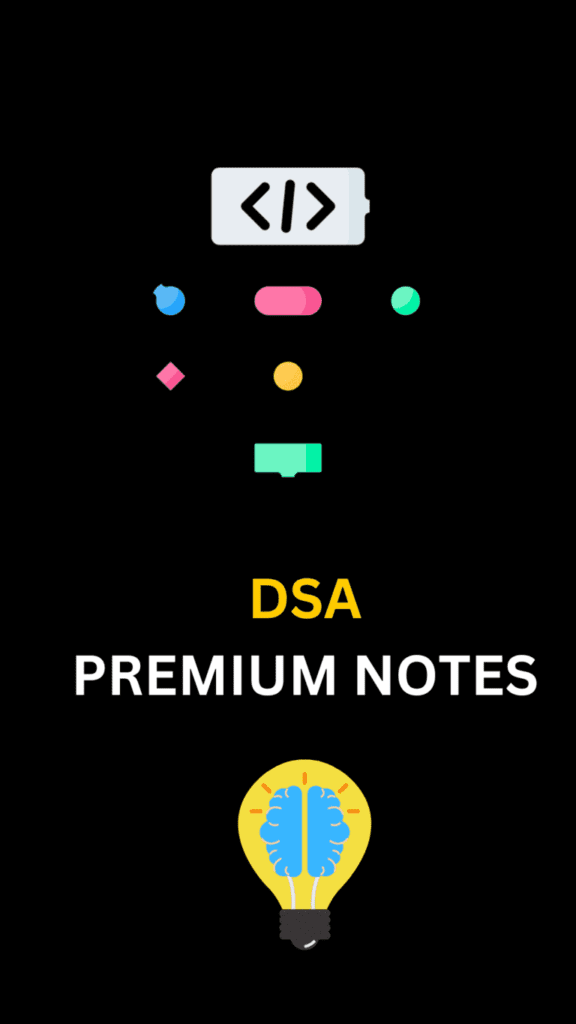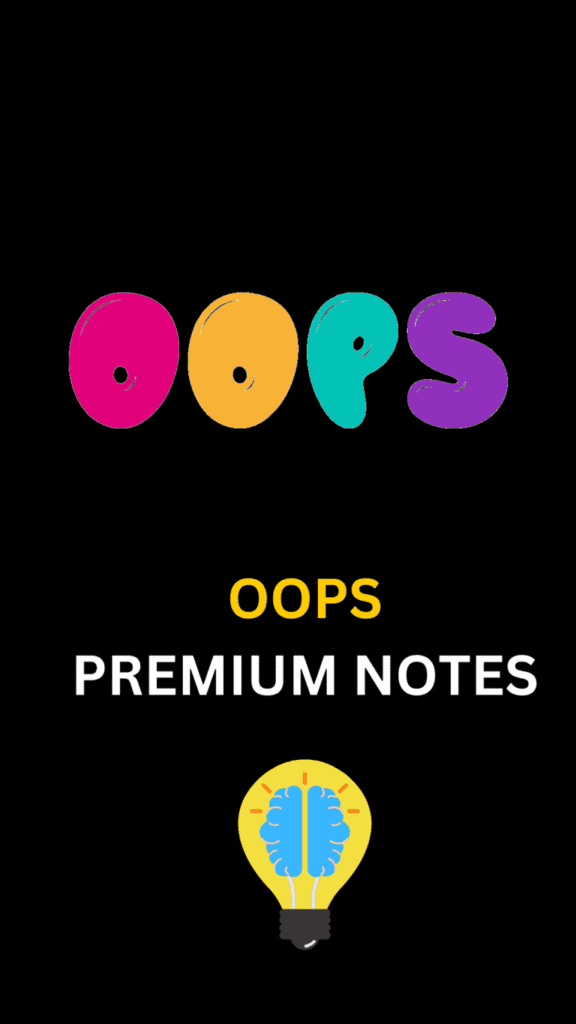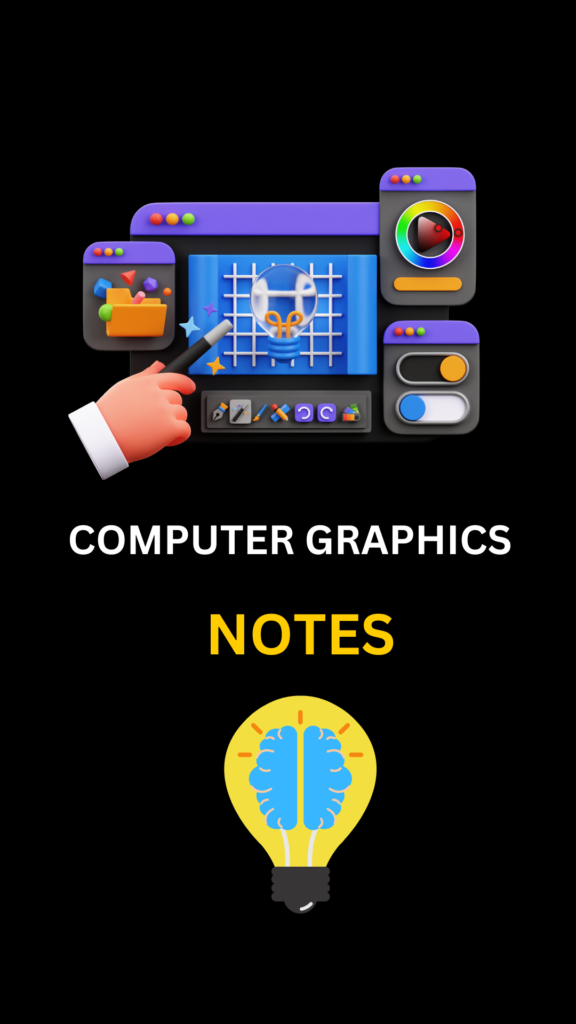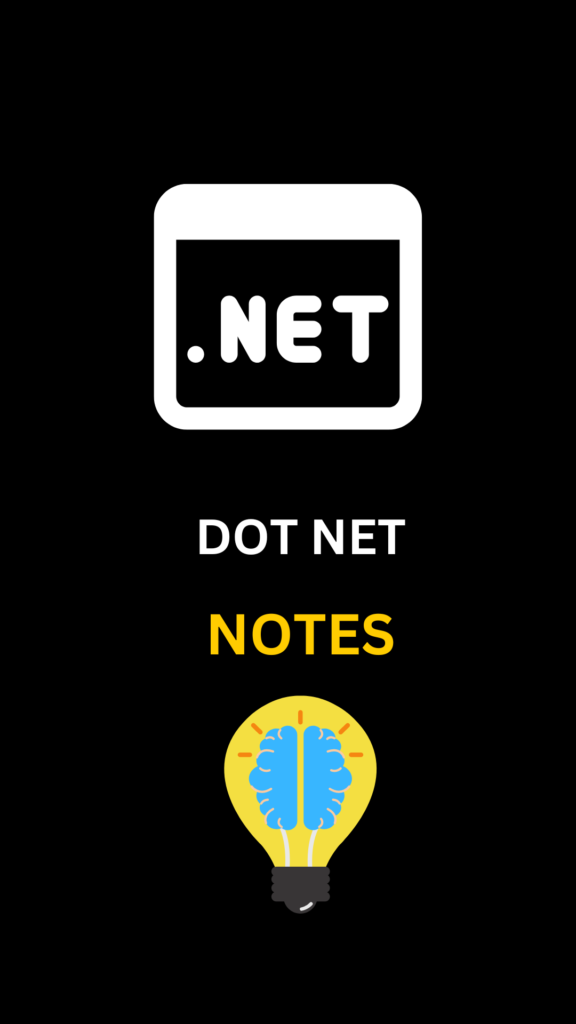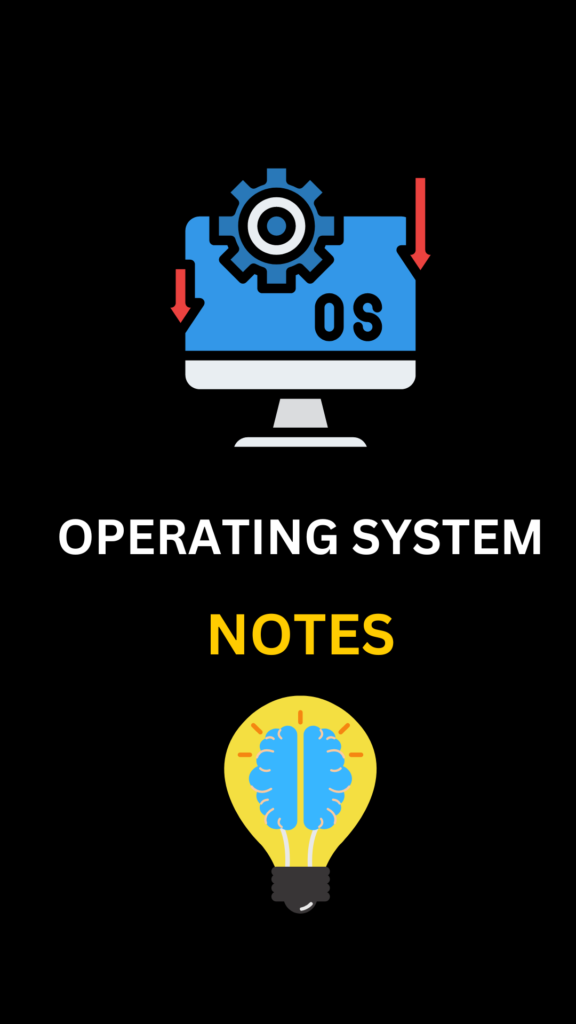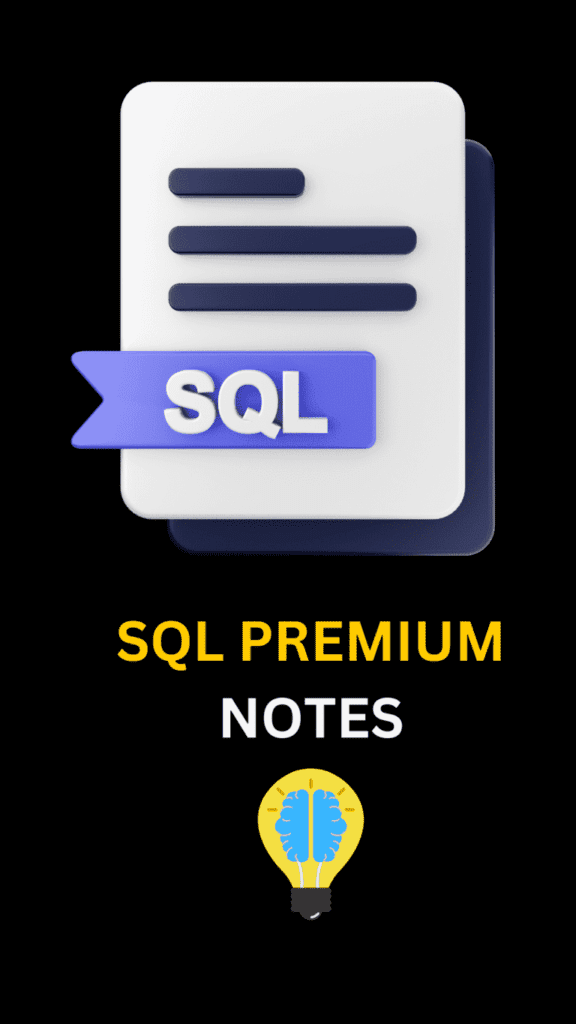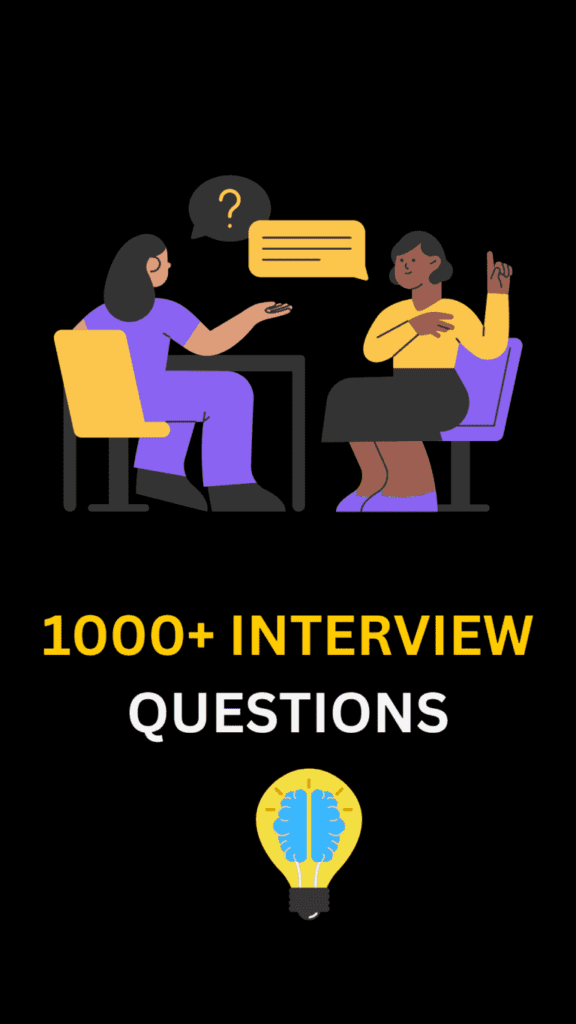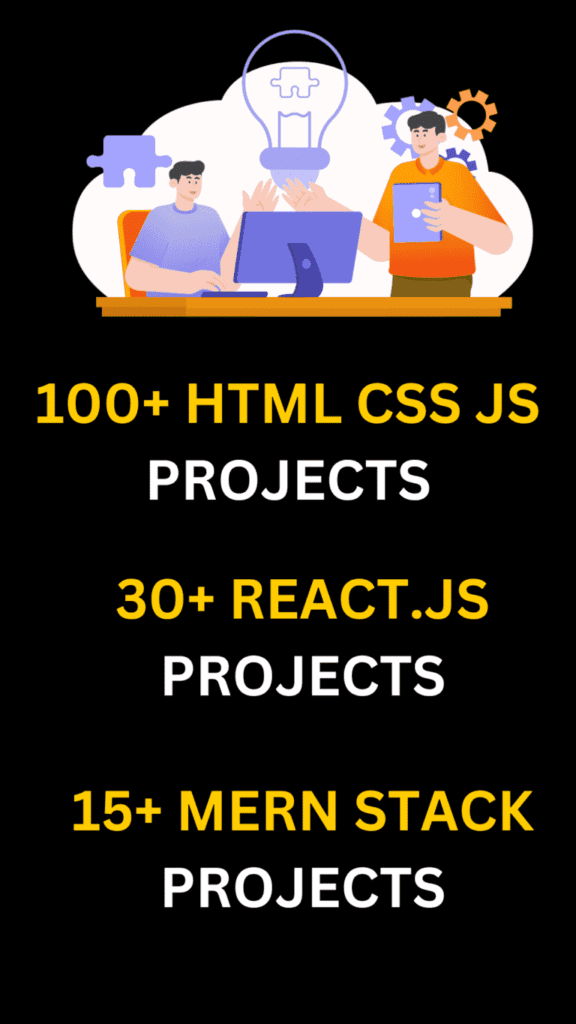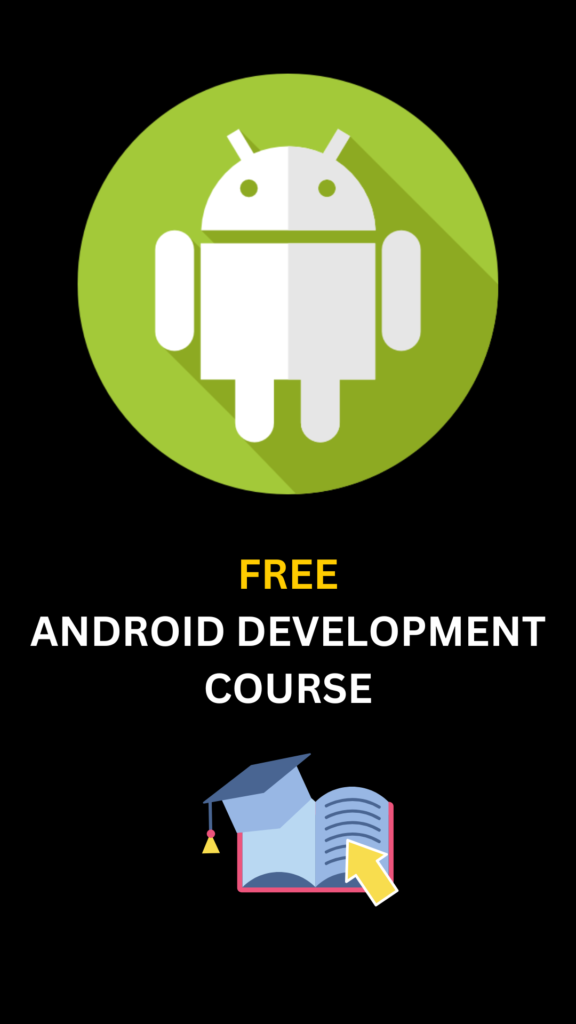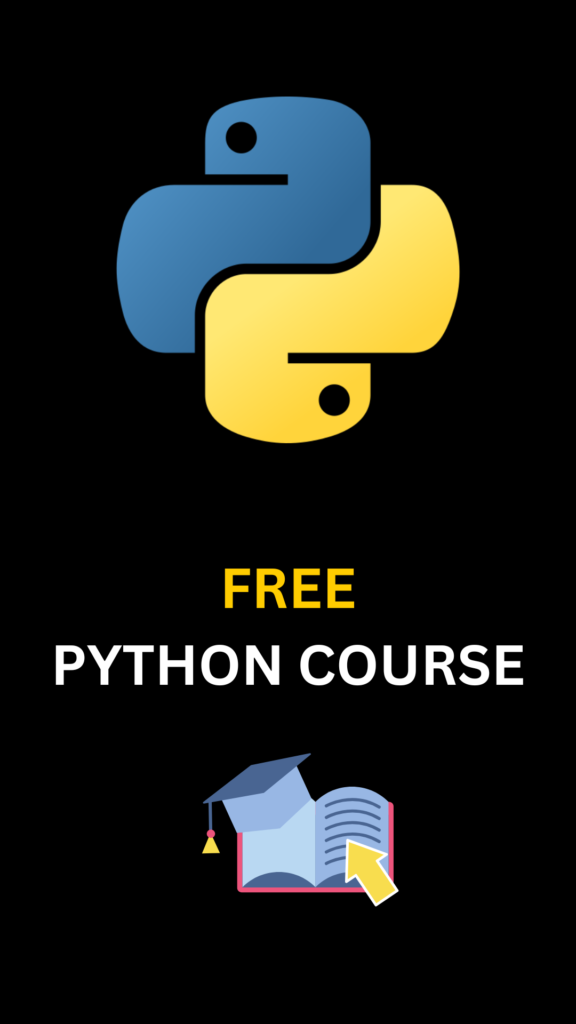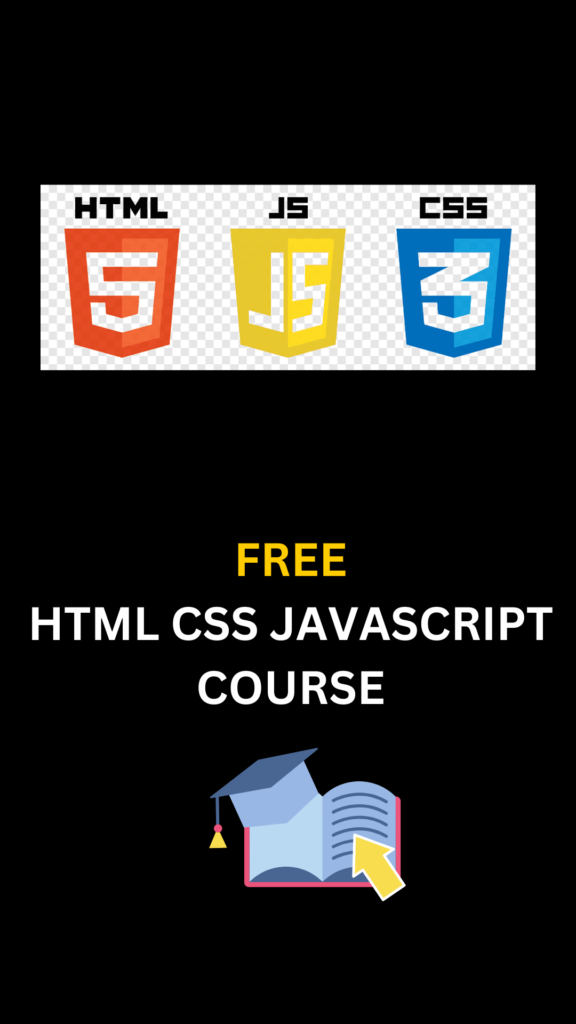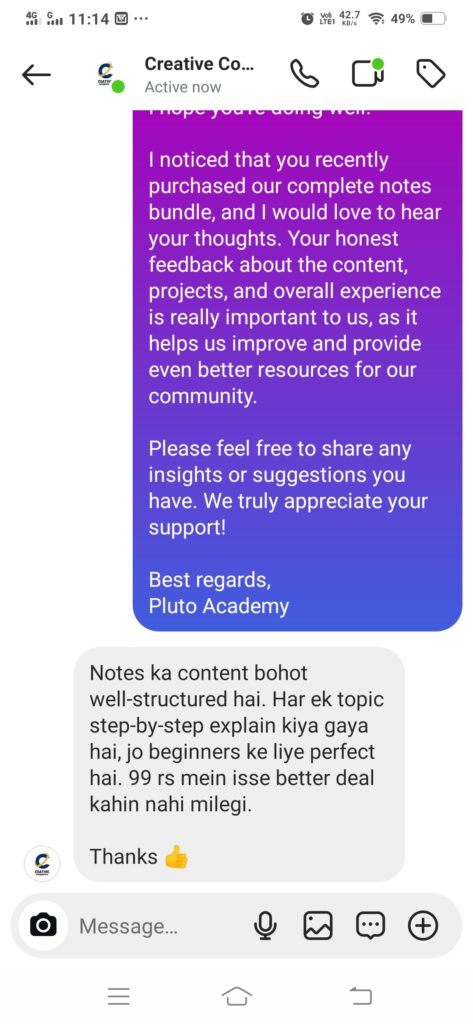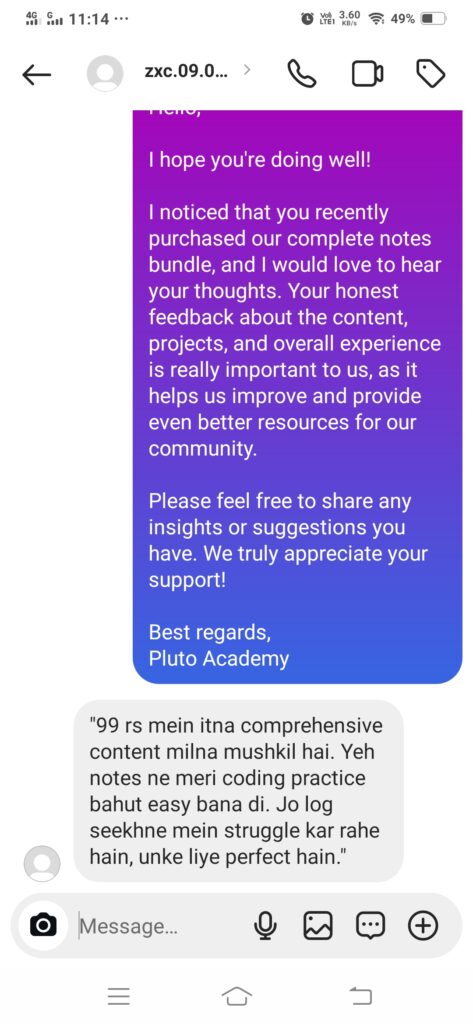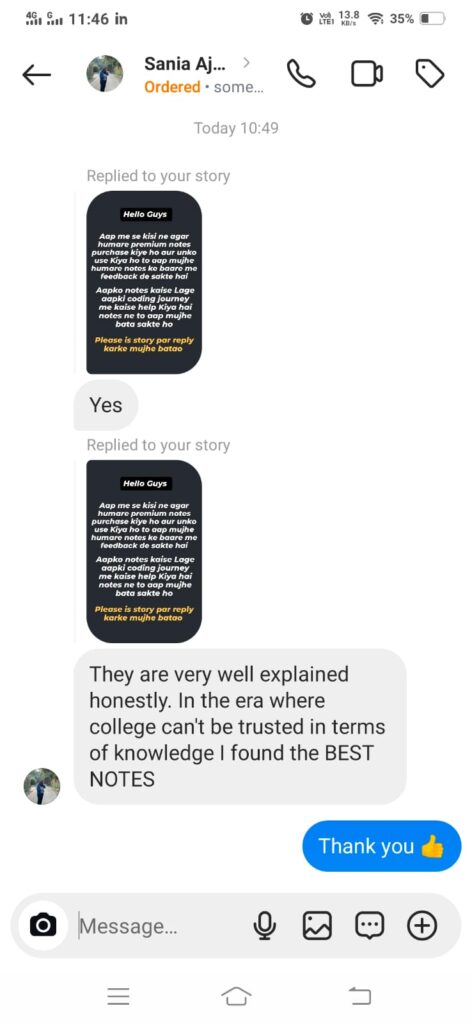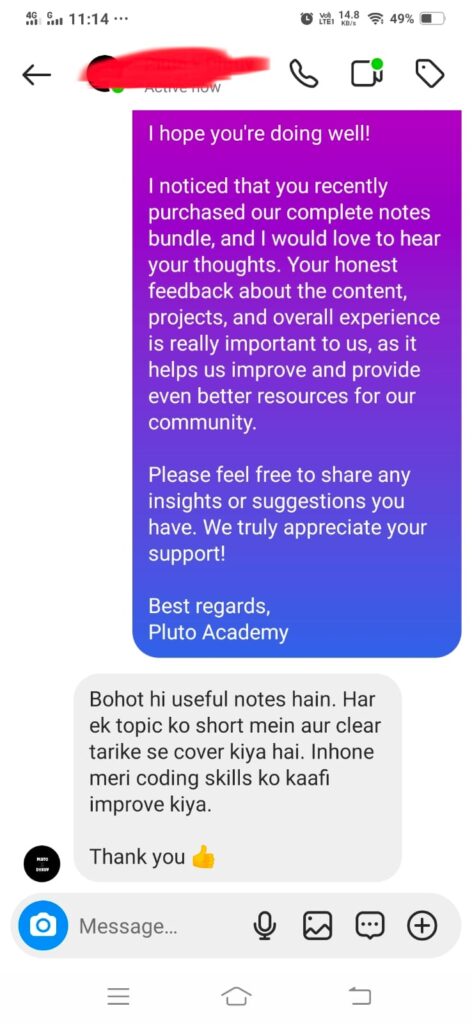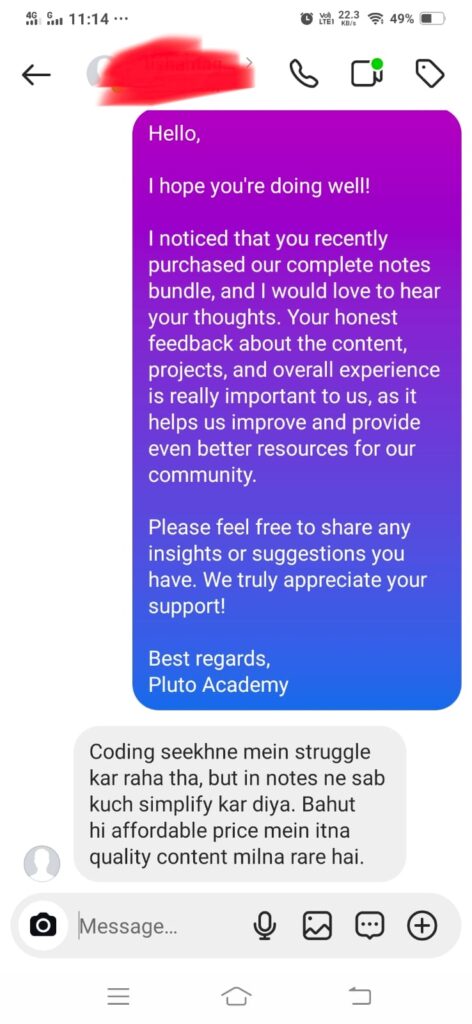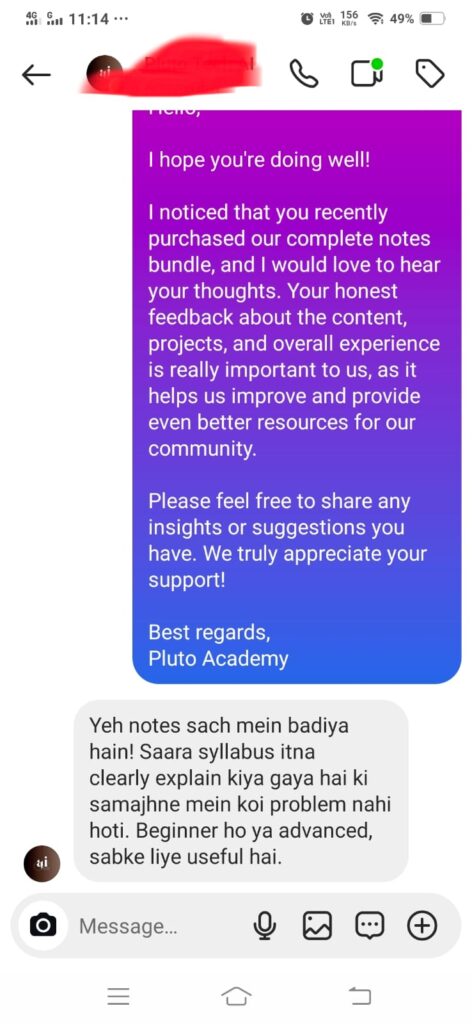Pluto Academy Code Encyclopedia : The Complete Programming Language Bundle
₹999.00 Original price was: ₹999.00.₹99.00Current price is: ₹99.00.
Unlock your coding potential with our comprehensive Programming Notes Bundle! This all-in-one resource covers essential topics like DOT NET, Operating Systems, Java, OOP, DSA, Android, C, C++, Python, PHP, HTML, CSS, JavaScript, Node.js, React.js, MongoDB, SQL, and DBMS. Whether you’re a beginner or advanced learner, these notes will help you master the fundamentals and dive deeper into complex concepts. Elevate your programming skills and succeed in your coding journey with this ultimate bundle.
THIS BUNDLE INCLUDES THESE ALL NOTES ⬇️
MASTER PROGRAMMING FROM BASIC TO ADVANCED
HTML
1. HTML Structure: Tags, elements, attributes.
2. Text Formatting: Headings, paragraphs, lists.
3. Links & Images: Anchor tags, image tags.
4. Forms: Input fields, buttons, validation.
5. Semantics: Sections, headers, footers.
CSS
1. CSS Basics: Selectors, properties, values.
2. Layouts: Float, flexbox, grid.
3. Responsive Design: Adapt to screens.
4. Styling: Colors, fonts, animations.
5. Advanced: Transitions, transforms, gradients.
JAVASCRIPT
1. Basics: Variables, data types, operators.
2. Control Flow: Conditionals, loops, functions.
3. DOM Manipulation: Selecting elements, event handling.
4. Arrays & Objects: Data structures, methods.
5. Asynchronous JavaScript: Promises, async/await.
REACT.JS
1. React.js: JavaScript library for building UI components.
2. Declarative syntax for creating interactive UIs.
3. Virtual DOM for efficient updates and rendering.
4. Component-based architecture for reusable and modular code.
5. State management and lifecycle methods for dynamic applications.
NODE.JS
1. Node.js: JavaScript runtime built on Chrome’s V8 engine.
2. Server-side platform for scalable and event-driven applications.
3. Non-blocking I/O operations for high performance.
4. NPM ecosystem for managing dependencies and packages.
5. Ideal for building APIs, real-time applications, and microservices.
MONGO DB
1. MongoDB: NoSQL database for modern application development.
2. Document-oriented database, stores data in flexible JSON-like documents.
3. Scalable and high-performance, with horizontal scaling.
4. Supports ad-hoc queries, indexing, and aggregation for data analysis.
5. Ideal for real-time analytics, content management, and mobile applications.
PYTHON
1. Python: Versatile programming language renowned for its simplicity and readability.
2. Widely used for web development, data analysis, artificial intelligence, and automation.
3. Offers extensive libraries and frameworks like Django, Flask, and NumPy for diverse tasks.
4. Known for its clean syntax and ease of learning, making it suitable for beginners and experts alike.
5. Enables rapid development of robust applications, from web servers to machine learning models.
JAVA
1. Java: Powerful object-oriented programming language known for its platform independence.
2. Trusted for building enterprise-scale applications, Android mobile apps, and web services.
3. Boasts a vast ecosystem of frameworks like Spring and Hibernate for streamlined development.
4. Emphasizes strong typing, extensive tooling, and robust error handling for stable applications.
5. Favoured for its performance, security features, and compatibility across various devices and systems.
C PROGRAMMING
1. C: Foundational programming language renowned for its efficiency and portability.
2. Widely used for system programming, embedded systems, and low-level development.
3. Offers direct memory manipulation and minimal runtime overhead for optimal performance.
4. Known for its simplicity and versatility, often used in developing operating systems and utilities.
5. Enables direct hardware interaction and precise control, making it indispensable in many domains.
C++
1. C++: Versatile and powerful programming language extending C with object-oriented features.
2. Widely employed in game development, system software, and performance-critical applications.
3. Offers features like classes, templates, and exceptions for efficient code organization and error handling.
4. Known for its high performance, flexibility, and ability to interface with hardware directly.
5. Provides rich libraries like STL and Boost, fostering rapid development across various domains.
DBMS
1. DBMS: Database Management System facilitating organized storage, retrieval, and manipulation of data.
2. Essential for efficient data handling in various applications, from small businesses to large enterprises.
3. Offers robust features like data integrity, concurrency control, and query optimization for reliability.
4. Utilizes structured query languages like SQL for seamless interaction with databases.
5. Enables scalability, security, and data consistency, playing a pivotal role in modern information management.
PHP
1. PHP: Server-side scripting language renowned for web development and dynamic content generation.
2. Widely utilized in building dynamic websites, e-commerce platforms, and content management systems.
3. Offers extensive frameworks like Laravel and Symfony for rapid development and scalability.
4. Known for its ease of integration with HTML and databases, particularly MySQL.
5. Enables versatile web applications, from simple blogs to complex enterprise solutions, with its rich library of functions and extensions.
DSA
1. DSA: Data Structures and Algorithms, fundamental concepts in computer science for efficient data organization and manipulation.
2. Crucial for developing optimized algorithms and solving complex computational problems.
3. Includes key data structures like arrays, linked lists, trees, and graphs, each with specific advantages and use cases.
4. Algorithm design techniques such as sorting, searching, and dynamic programming enhance problem-solving skills.
5. Mastery of DSA is essential for software engineers and programmers, enabling them to write efficient, scalable, and reliable code.
OOPS
1. OOPs: Object-Oriented Programming, a paradigm focusing on objects as the building blocks of software systems.
2. Emphasizes concepts like encapsulation, inheritance, and polymorphism for modular and reusable code.
3. Enables structuring programs around real-world entities, enhancing code organization and maintainability.
4. Facilitates abstraction, allowing developers to hide implementation details and focus on interfaces.
5. Promotes code scalability, flexibility, and collaboration, making it a cornerstone of modern software development.
ANDROID
1. Android Development: Software development for the Android operating system, powering billions of devices worldwide.
2. Involves creating mobile applications using Java or Kotlin, along with XML for UI layout.
3. Utilizes Android Studio IDE and Android SDK for development, testing, and deployment.
4. Offers diverse features like activity lifecycle management, intents, and content providers for rich user experiences.
5. Facilitates integration with various APIs, including Google Play Services, enabling access to a wide range of functionalities like maps, authentication, and notifications.
SQL
1. SQL: Standard language for managing relational databases.
2. Used to create, retrieve, update, and delete data from databases.
3. Provides powerful querying capabilities with SELECT, INSERT, UPDATE, DELETE statements.
4. Supports transactions for ensuring data integrity.
5. Widely used in enterprise applications, data analytics, and web development.
INTERVIEW QNA 500+
1. HTML: Markup language for creating web pages and applications.
2. React: JavaScript library for building user interfaces.
3. Node.js: Runtime environment for executing JavaScript code outside a web browser.
4. Angular: Platform for building web and mobile applications with TypeScript.
5. JavaScript: Versatile scripting language used for web development.
INTERVIEW QNA 500+
6. SQL: Standard language for managing relational databases.
7. Python: High-level programming language known for its simplicity and versatility.
8. Java: Object-oriented programming language for developing desktop, web, and mobile applications.
9. Android: Mobile operating system based on the Linux kernel, primarily for smartphones and tablets.
10. DSA (Data Structures and Algorithms): Fundamental concepts for solving computational problems efficiently.
HTML CSS JS
100+ PROJECTS
1. Explore 100+ projects in HTML, CSS, and JavaScript, suitable for all levels.
2. Ready-to-use templates for seamless integration into your projects, saving time.
3. Create interactive websites with modern design, enhancing user engagement.
4. Stay updated with continuous additions, ensuring access to the latest technologies.
5. Unleash creativity with diverse projects, building stunning and functional websites.
REACT 30+
PROJECTS
1. Discover 30+ React projects, perfect for honing your skills.
2. Utilize ready-to-use templates to expedite your development process.
3. Craft dynamic and engaging websites with modern React components.
4. Stay abreast of the latest trends with continuous updates and additions.
5. Unleash your creativity and build impressive web applications with ease.
MERN STACK
15+ PROJECTS
1. Explore 15+ MERN stack projects for comprehensive learning.
2. Dive into full-stack development with ready-to-deploy solutions.
3. Build robust web applications using MongoDB, Express.js, React, and Node.js.
4. Stay updated with the latest MERN stack trends and technologies.
5. Elevate your coding skills and create impactful projects with ease.
FAQ
ALL CODING NOTES AND INTERVIEW QUESTIONS AND ANSWERS ARE AVAILABLE IN PDF FORMAT IN DRIVE LINK.
YES, YOU GET LIFETIME ACCESS OF THE NOTES. YOU CAN DOWNLOAD IT MULTIPLE TIMES.
NO, YOU CAN’T RE-SELL THESE NOTES TO SOMEONE ONLINE OR OFFLINE . PLEASE DON’T DO THAT.
THESE NOTES ARE WELL CURATED AND MADE BY OUR INDUSTRY EXPERT LEADERS. ALL TOPICS ARE RELEVANT AND FOLLOW BEST PRACTICES. ALL INTERVIEW QUESTIONS ARE READY TO HELP YOU TO LAND A JOB IN IT FIELD.
YES, THESE NOTES ARE BOTH SUITABLE AND HELPFUL FOR BEGINNERS AND EXPERIENCE HOLDING PEOPLES.
THESE ALL MERN STACK NOTES AND INTERVIEW QUESTIONS ARE WRITTEN IN ENGLISH ONLY.
